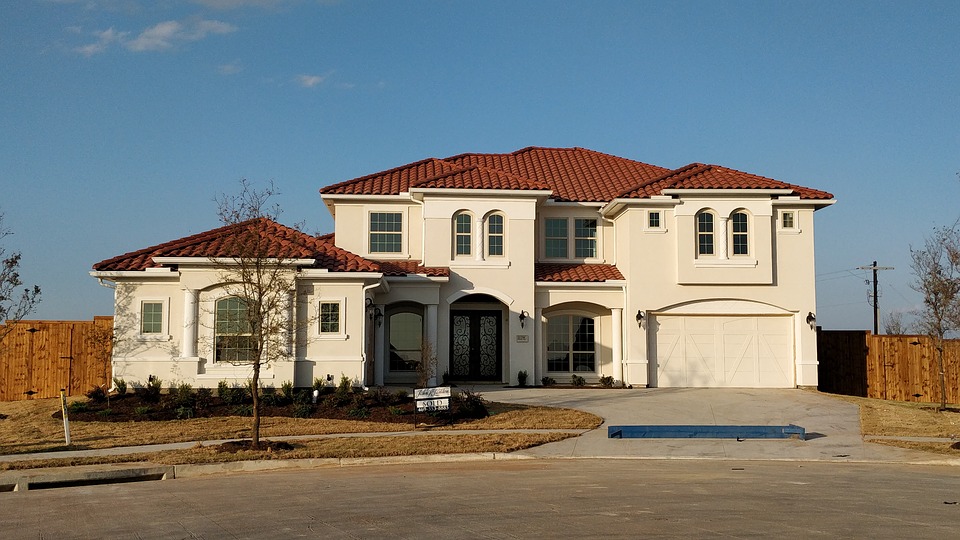
Answer: Yes, but only under certain conditions and for some of these conditions written notice is required, for some no notice is required, and for others oral notice will suffice. In addition, the extent of these rights depends on whether the property is residential or commercial.
Residential: For purposes of this discussion, residential refers to any “dwelling.” It includes multi-unit apartment complexes (i.e., not limited to 1-4 units).
The rights of a landlord to enter a dwelling are severely limited by statute. A landlord may enter only under the following circumstances:
- In case of emergency; 2. To make necessary or agreed-upon repairs, decorations, alterations or improvements, supply necessary or agreed-upon services, or exhibit the dwelling unit to prospective or actual purchasers, mortgagees, tenants, workers or contractors or to make a pre-move-out inspection as described in Civil Code § 1950.5; 3. When the tenant has abandoned or surrendered the premises; or 4. Pursuant to court order. 5. For the purpose of installing, repairing, testing, and maintaining single station smoke alarms. (Health and Safety Code §13113.7) 6. An owner or owner’s agent may enter a multifamily residential or commercial property for the purpose of installing, repairing, testing and maintaining water-conserving plumbing fixtures required by Civil Code § 1101.5 consistent with the notice requirements of Civil Code § 1954. 7. An owner or the owner’s agent may enter any dwelling unit intended for human occupancy owned by the owner for the purpose of installing, repairing, testing, and maintaining carbon monoxide devices required by this section, pursuant to the authority and requirements of Section 1954 of the Civil Code. (Health and Safety Code § 17926.1)
- It’s important to note here that a landlord does not have the right to enter a property for the purpose of making a general inspection or an annual inspection.
(Cal. Civ. Code § 1954(a).)
The following rules apply regarding entry into residential properties:
(1) Entry During Normal Business Hours
With the exception of emergencies, cases of abandonment or surrender, the landlord can enter only during “normal business hours” unless the tenant consents to an entry during other than normal business hours at the time of entry (Cal. Civ. Code § 1954(b)). There is no statutory definition for “normal business hours,” but some practitioners interpret it as excluding evenings and weekends, with the exception of showing the house to prospective or actual tenants or purchasers. See “Open Houses” below.
(2) Reasonable Written Notice
“Reasonable” notice must be given to the tenant, and 24 hours is presumed reasonable. In addition, the notice must be in writing–except as indicated below–and include the date, approximate time, and purpose of the entry. The notice may be personally delivered to the tenant, left with someone of a “suitable age and discretion” at the premises, or, left on, near or under the usual entry door of the premises in a manner in which a reasonable person would discover the notice. (Cal. Civ. Code § 1954(d)(1).)
(3) Mailing of Notice
The notice may be mailed to the tenant. At least six days prior to an intended entry is presumed reasonable notice in the absence of evidence to the contrary. (Cal. Civ. Code § 1954(d)(1).)
(4) Purpose of Entry to Show Unit
If the purpose of the entry is to show the unit to a prospective or actual purchaser, the notice may be given orally, in person or by telephone, if either the landlord or his or her agent has notified the tenant in writing within 120 days prior to the oral notice that the property is for sale and that the landlord or agent may contact the tenant orally to show the unit (Cal. Civ. Code § 1954(d)(2)). As with written notice, oral notice should be given at least 24 hours advance to be presumed reasonable. At the time of entering the unit, the landlord or agent must leave written evidence of the entry inside the unit (e.g., a business card) (Cal. Civ. Code § 1954(d)(2)).
(5) Purpose of Entry to Make Agreed Repairs
The landlord and tenant may agree orally to an entry to make agreed repairs or provide agreed services. The agreement must include the date and approximate time of the entry and must be within one week of the oral agreement. (Cal. Civ. Code § 1954(d)(3).)
(6) No notice is required to respond to an emergency (Cal. Civ. Code § 1954(e)(1)).
(7) No notice is required if the tenant is present and consents to the entry at the time of the entry (Cal. Civ. Code § 1954(e)(2)).
(8) No notice is required if the tenant has abandoned or surrendered the unit (Cal. Civ. Code § 1954(e)(3)).
(9) Open Houses. The law permits the landlord to hold open houses on weekends with reasonable notice. This was the ruling in the case of Dromy v. Lukovsky in 2013 which set down the guidelines for holding open houses. The case allowed that open houses could be held on either Saturday or Sunday, but should be limited two a month. The tenant should be given 10 days’ notice, and the tenant should have the right to propose alterative days for the open house. Please see the article “Entering Tenant-Occupied Property” from the 2015 June/July edition of California Real Estate Magazine.
Finally, the tenant cannot waive these rights (Cal. Civ. Code § 1953(a)(1)).
Commercial: Here, a landlord’s right of entry may be much broader than in the residential setting. Commercial landlords’ rights of entry are a matter of contract. There is no statute which specifically limits the landlord’s access to the premises. However, if the contract is silent as to access rights, the landlord should not presume to have any.
